Optimal Timing for Driveway Overlay
Driveway overlay installations are most effective when performed under optimal weather conditions. Temperature, humidity, and recent precipitation significantly influence the adhesion and durability of overlay materials. Typically, the ideal period for installation is during warm, dry months when temperatures range between 50°F and 85°F. This ensures proper curing and bonding of the overlay surface.
Installing during stable weather prevents delays and ensures the overlay bonds properly to the existing surface.
Avoid installation during extreme cold or heat, as temperature fluctuations can compromise the overlay's integrity.
Rain or high humidity can interfere with curing times, leading to potential issues with adhesion and durability.
Late spring through early fall generally offers the most suitable conditions for driveway overlay projects.
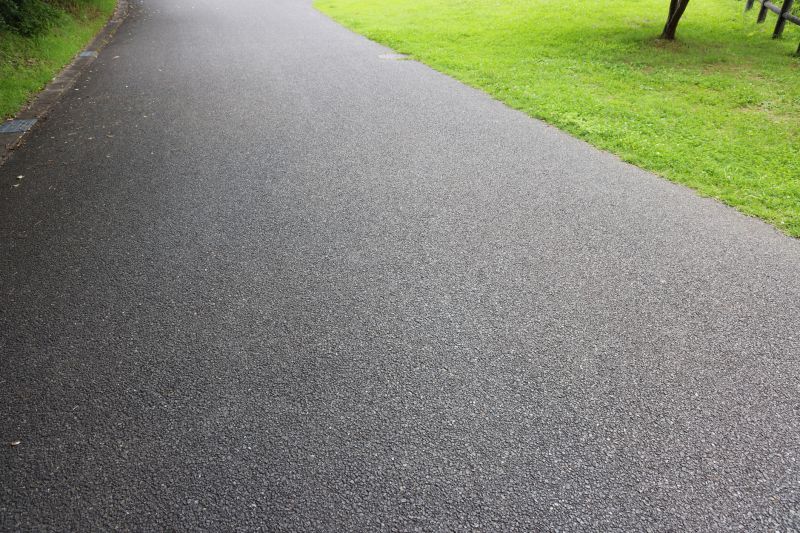
Spring offers moderate temperatures and low precipitation, ideal for overlay work.
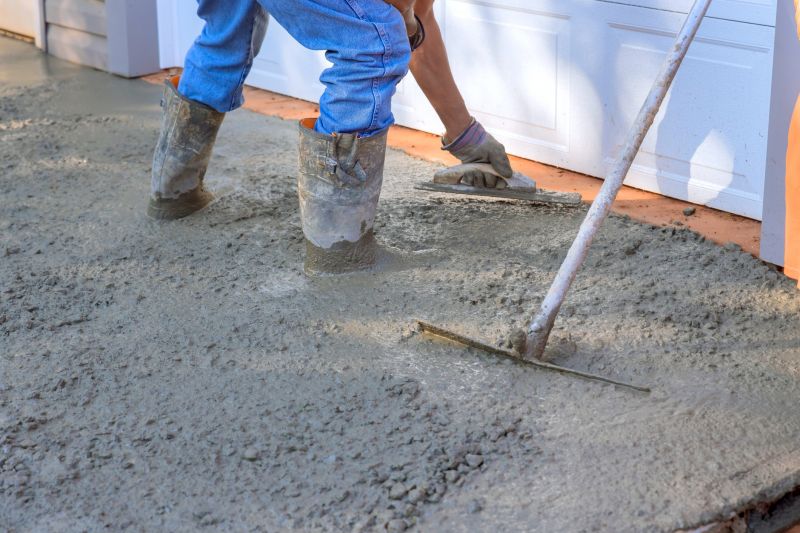
Warm and dry summer months facilitate proper curing and bonding.
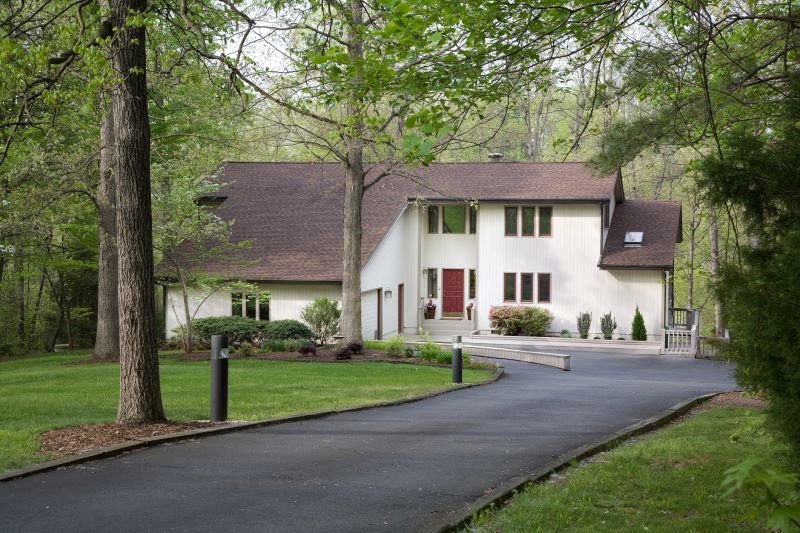
Early fall provides suitable weather before colder months set in.
Driveway overlay installation involves applying a new surface layer over an existing driveway, enhancing durability and appearance. This process can extend the lifespan of the driveway by protecting it from cracks, potholes, and surface wear. Proper timing ensures the overlay adheres correctly, providing a seamless and long-lasting finish. The procedure typically includes cleaning the existing surface, repairing any damages, and then applying the overlay material in controlled conditions.
Statistics indicate that installations performed during optimal weather conditions have a success rate exceeding 90%, with fewer repairs needed over time. Properly timed overlays can add years to the lifespan of a driveway, reducing maintenance costs and improving curb appeal. Weather-related issues during installation, such as moisture infiltration or temperature extremes, can lead to premature failure or surface delamination, emphasizing the importance of choosing the right season.
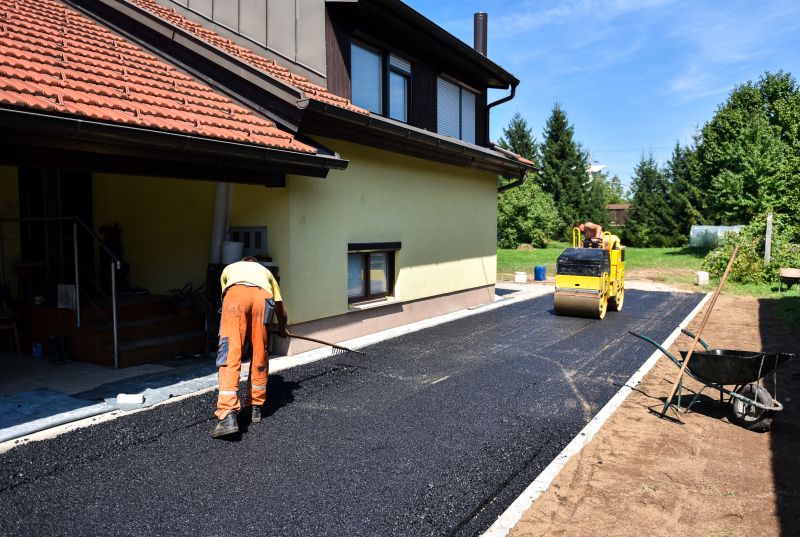
Cleaning and repairing the surface are crucial before overlay application.
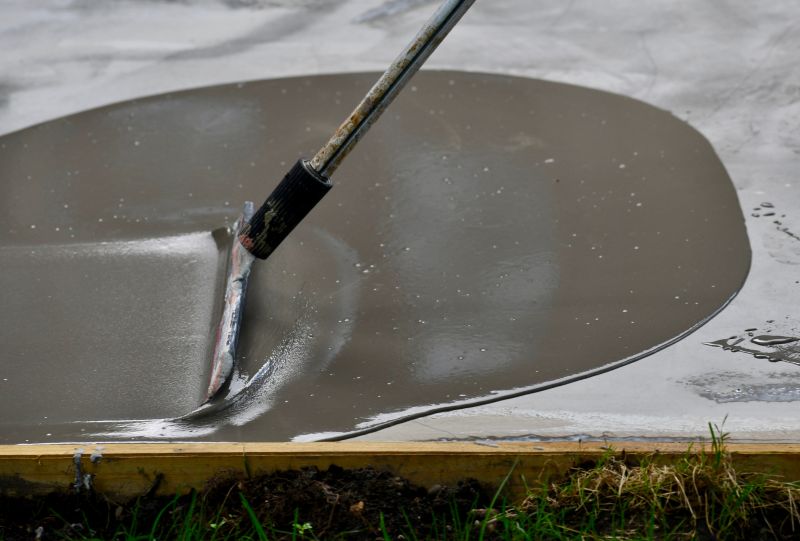
Proper mixing and application techniques ensure durability and finish quality.
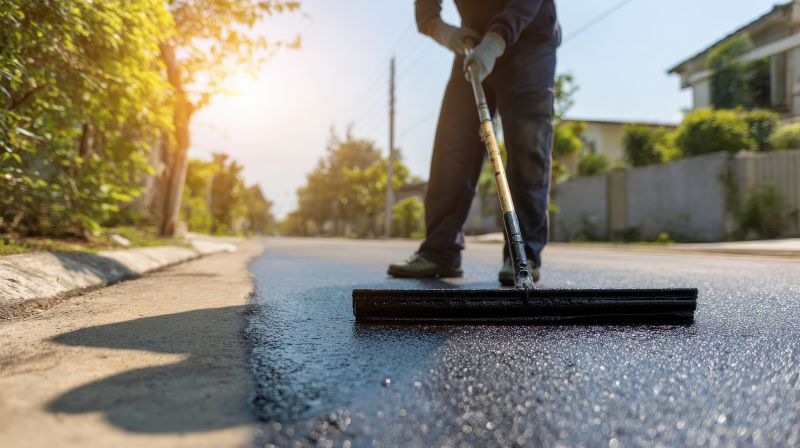
Adequate curing time is essential for the overlay to reach maximum strength.
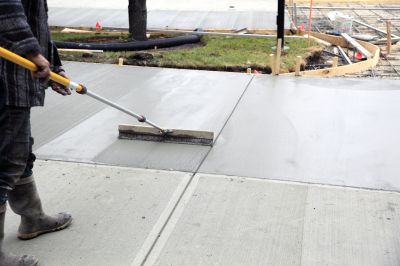
A well-timed installation results in a smooth, durable surface.
| Season | Ideal Conditions |
|---|---|
| Spring | Moderate temperatures, low precipitation, ideal for curing. |
| Summer | Warm, dry weather supports proper application and curing. |
| Fall | Cooler temperatures but still suitable before cold weather. |
| Winter | Not recommended due to cold temperatures and potential moisture issues. |
| Late Spring to Early Fall | Most suitable period for overlay installation. |
Interested in driveway overlay installation? Filling out the contact form can provide more information and help schedule a project during the optimal season for best results.



